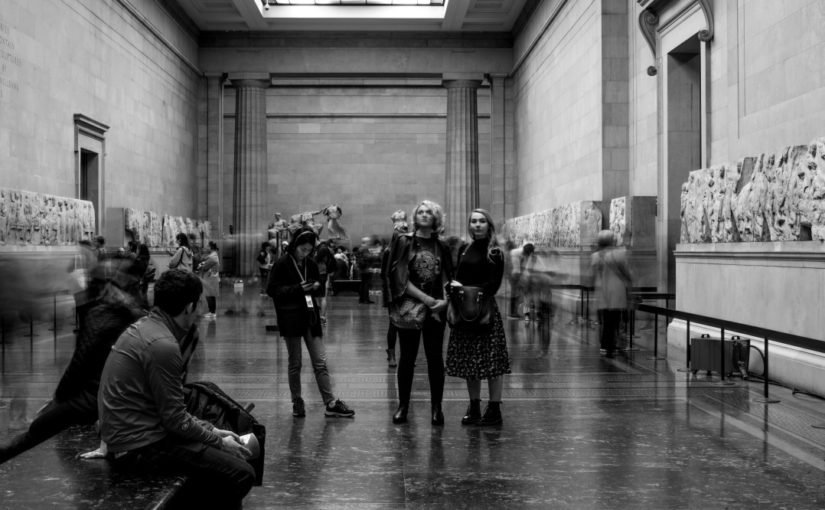The quote for this article comes from Arabia: „Do not be angry that the rose bush bears thorns, but rejoice that the rose bush bears roses.“
Looking for the positive no matter what is happening is certainly helpful to avoid falling into a hole and spiralling downwards. However, constant positivity can be just as toxic. The consequences of positive toxicity are:
- A false sense of security is created
- Negative emotions, which are just as important as positive emotions as they can warn of danger, accelerate reactions and thus contribute to protection, are suppressed and minimised.
- False hope and belief arise when you only want to see the positive, which can slow you down or make you unable to act.
- Positive statements can make the other person feel even worse
- Order is feigned, even though countermeasures are necessary
Positive toxicity can make you „blind“ to the essentials and fields of action that you can only recognise if you look.
It’s like a rose bush. When I cut roses to put them in a vase, I have a close look at the stem of the rose and remove the thorns first. That way I prevent any further consequences, namely pricking myself. Then I place it in the vase and enjoy the fragrance and the splendour of the flowers. Like this, we have to see and observe the negativity which happens in our lives. Then we have to think how we can get over this hurdle in our live. After and while we follow our path through the storm, we focus on the chance the hurdle we bring us and see the positive part of the moment (mindfulness).
Just like roses, life includes injuries and negative emotions that arise from thorns, but also seeing the beauty and opportunities of life, just like the blossom on the rose. Life has these two sides, and both negative and positive have their justification. Life is colourful. If we were only positive, we would certainly become accustomed to it at some point and no longer notice it. Let’s enjoy the shades and put both the positive and negative sides into perspective.









